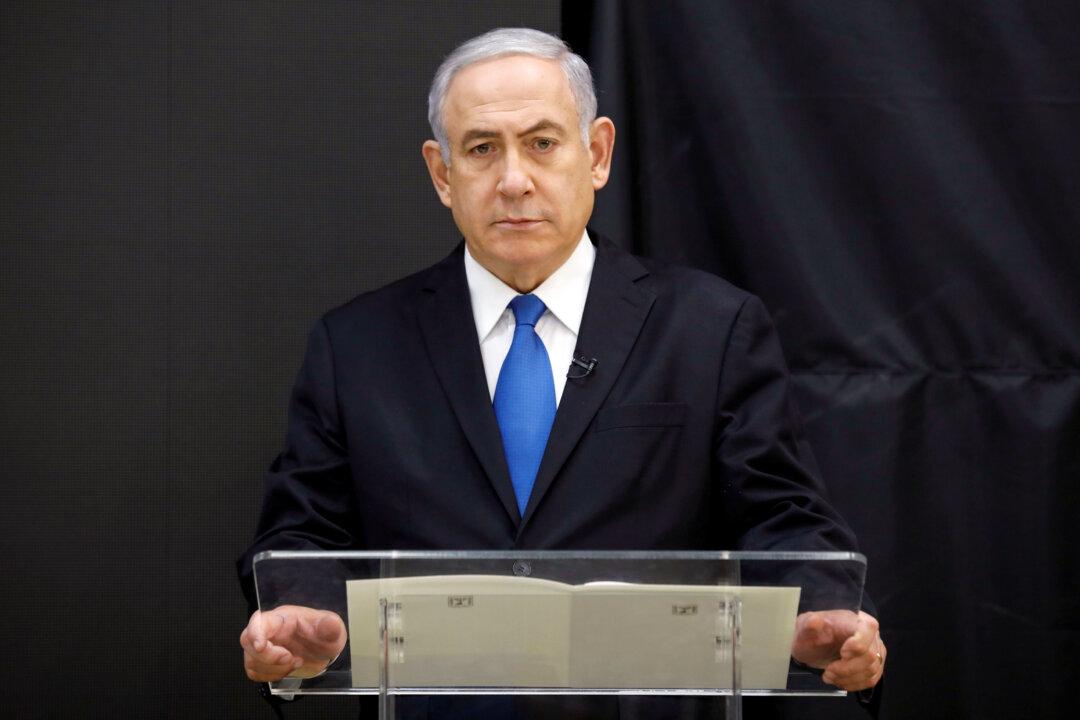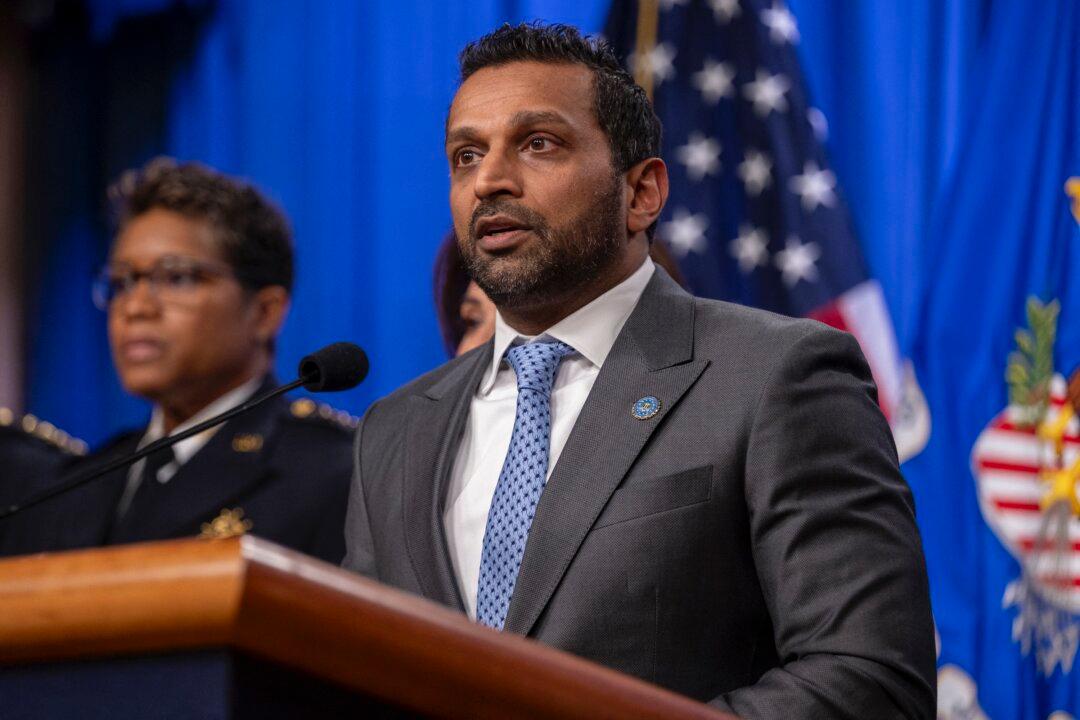Following the rapid collapse of Bashar al-Assad’s regime in Syria over the weekend, Israeli Prime Minister Benjamin Netanyahu declared that the Golan Heights will be a “part” of Israel “forever.”
On Sunday, Netanyahu said in a video address from the Golan Heights, located between Israel and Syria, that Israeli forces secured the entirety of the region as a security measure. He also said that a 1974 agreement between Israel and the regime of then-leader Hafez al-Assad is now dissolved after Bashar al-Assad fled the country as rebels took over Damascus.





